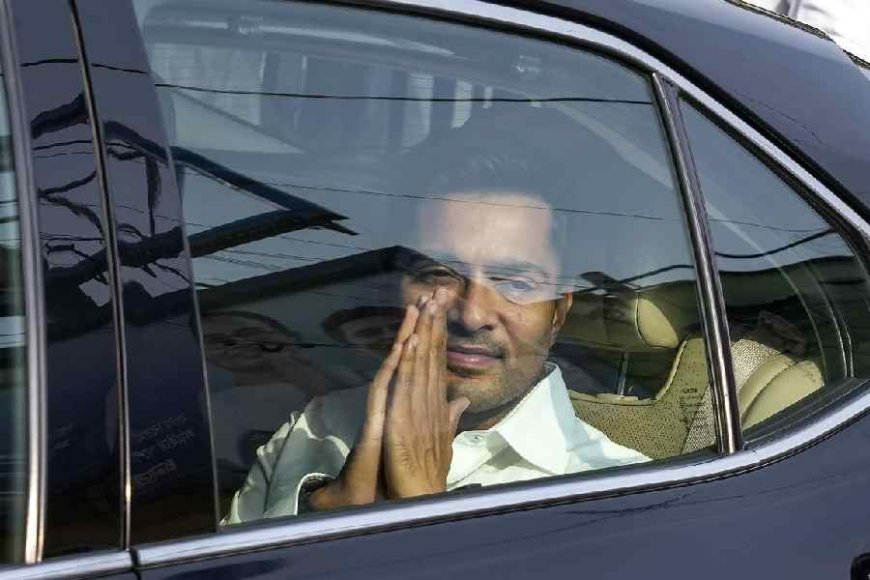Divided Opposition Cedes Ground: BJP Holds Bengal Amid INDIA Bloc’s Missed Alliance
Analysis Reveals Potential Trinamool Gains Thwarted by Fragmented Opposition in Lok Sabha Elections

The Impact of a Divided Opposition: BJP Retains Bengal Seats Amidst INDIA Bloc’s Missed Opportunity
In a significant turn of events, the Bharatiya Janata Party (BJP) managed to secure 12 out of 42 Lok Sabha seats in West Bengal, despite a potential threat from a united opposition. An analysis of the poll data suggests that the BJP’s victory in six constituencies — Maldaha Uttar, Raiganj, Purulia, Bishnupur, Balurghat, and Tamluk — was by a margin less than the combined votes of the Left-Congress alliance. Had the opposition fought together under the INDIA bloc, these seats might have swung in favor of the Trinamool Congress.
The data further indicates that three other constituencies — Bongaon, Jalpaiguri, and Kanthi — could have witnessed neck-and-neck contests, with the BJP’s margin of victory being only slightly higher than the Left-Congress vote count. The possibility of a united opposition seemed plausible after initial meetings in Patna and Bangalore, but internal disagreements and strategic decisions led to a fragmented fight against the BJP.
Trinamool Congress, led by Mamata Banerjee, decided to contest the elections independently after what was perceived as an “inordinate delay” in finalizing seat shares and reservations about the CPM and state Congress chief Adhir Chowdhury. The Congress, failing to reach an agreement with Trinamool, formed a last-minute alliance with the Left.
Despite the divided opposition, Trinamool emerged victorious in 29 seats, while the Left-Congress alliance secured only one. The extrapolated data from the Election Commission, assuming unchanged voting patterns in a bipolar contest, paints a picture of what might have been — a scenario where the BJP could have comfortably won only three seats: Alipurduar, Ranaghat, and Darjeeling.
The analysis sheds light on the evolving political landscape in Bengal. Trinamool’s solo strategy was reportedly based on the belief that a three-cornered fight would split anti-Trinamool votes to their advantage. However, the BJP’s vote share of 38.7 percent, though lower than in previous elections, still marks an upward trend, challenging the hypothesis of a beneficial split for Trinamool.
The BJP’s consistent performance in terms of vote and Assembly seat shares suggests that the party remains a formidable force in Bengal’s political arena. The Left-Congress alliance’s strong showing in several seats led to accusations from Mamata Banerjee of dividing the secular vote, aiding the BJP’s victory. Conversely, the state Congress attributes the lack of a united front to Trinamool’s insufficient seat-sharing offer.
As the opposition rejoices over the BJP not achieving a majority on its own, the need for a cohesive strategy against Prime Minister Modi’s party becomes evident. The future of Bengal’s politics may hinge on the opposition’s ability to set aside differences and present a united front against a resilient BJP.































































